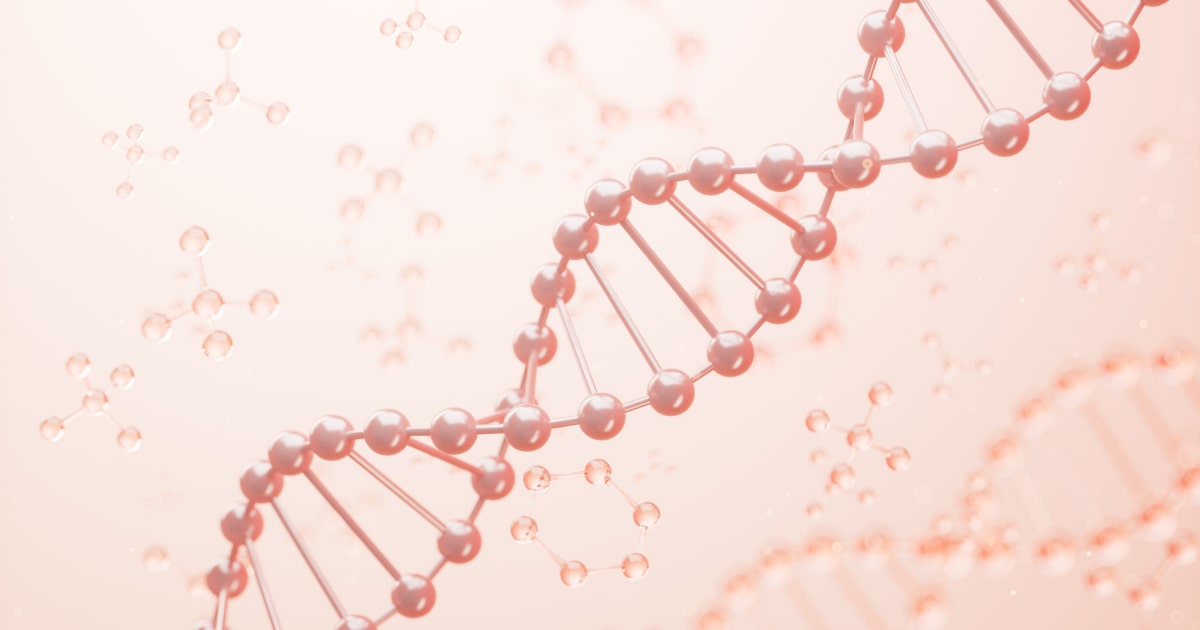
Expert Reviewed By: Dr. Brandon Colby MD
Schaaf-Yang syndrome is a rare genetic disorder that has garnered increased attention due to advancements in genetic testing. This condition, linked to mutations in the MAGEL2 gene, presents a spectrum of developmental and physical challenges. As we delve deeper into the genetic basis of this disorder, innovative testing methods offer promising avenues for diagnosis, management, and prevention.
Decoding Schaaf-Yang Syndrome: A Genetic Perspective
Schaaf-Yang syndrome is characterized by a range of symptoms, including developmental delays, intellectual disability, and physical anomalies. The condition is caused by mutations in the MAGEL2 gene, which plays a crucial role in normal neurological and physical development. Understanding the genetic underpinnings of this syndrome is essential for accurate diagnosis and effective management.
The Power of Genetic Testing in Schaaf-Yang Syndrome
Genetic testing serves as a cornerstone in the diagnosis and management of Schaaf-Yang syndrome. By identifying mutations in the MAGEL2 gene, healthcare providers can confirm a diagnosis, allowing for tailored medical care and support. Genetic testing not only aids in diagnosing affected individuals but also plays a critical role in informing family planning decisions.
Preimplantation Genetic Diagnosis: A Preventive Approach
For families with a history of Schaaf-Yang syndrome, preimplantation genetic diagnosis (PGD) offers a proactive approach to family planning. This advanced technique allows for the screening of embryos for MAGEL2 mutations before implantation during in vitro fertilization (IVF). By selecting embryos free of the genetic mutation, families can significantly reduce the risk of passing the disorder to future generations.
Early Intervention and Personalized Care
Early diagnosis through genetic testing enables healthcare providers to implement personalized care plans for individuals with Schaaf-Yang syndrome. Tailored interventions can address specific developmental and medical needs, improving quality of life and optimizing outcomes. Genetic testing also facilitates access to specialized resources and support networks, providing families with the tools they need to navigate the challenges associated with the disorder.
The Future of Genetic Testing in Rare Disorders
The landscape of genetic testing is continually evolving, offering new possibilities for understanding and managing rare disorders like Schaaf-Yang syndrome. As research progresses, we anticipate the development of even more precise and accessible testing methods. These advancements hold the potential to transform the lives of individuals and families affected by genetic conditions.
In conclusion, genetic testing represents a beacon of hope for those impacted by Schaaf-Yang syndrome. By unraveling the genetic complexities of this disorder, we can pave the way for early diagnosis, effective management, and prevention. As we continue to explore the genetic landscape, the promise of a brighter future for individuals with Schaaf-Yang syndrome becomes increasingly attainable.
For more detailed insights into the genetic aspects of Schaaf-Yang syndrome and related testing methodologies, refer to the comprehensive study available here.
About The Expert Reviewer
Dr. Brandon Colby MD is a US physician specializing in the personalized prevention of disease through the use of genomic technologies. He’s an expert in genetic testing, genetic analysis, and precision medicine. Dr. Colby is also the Founder of and the author of Outsmart Your Genes.
Dr. Colby holds an MD from the Mount Sinai School of Medicine, an MBA from Stanford University’s Graduate School of Business, and a degree in Genetics with Honors from the University of Michigan. He is an Affiliate Specialist of the American College of Medical Genetics and Genomics (ACMG), an Associate of the American College of Preventive Medicine (ACPM), and a member of the National Society of Genetic Counselors (NSGC)